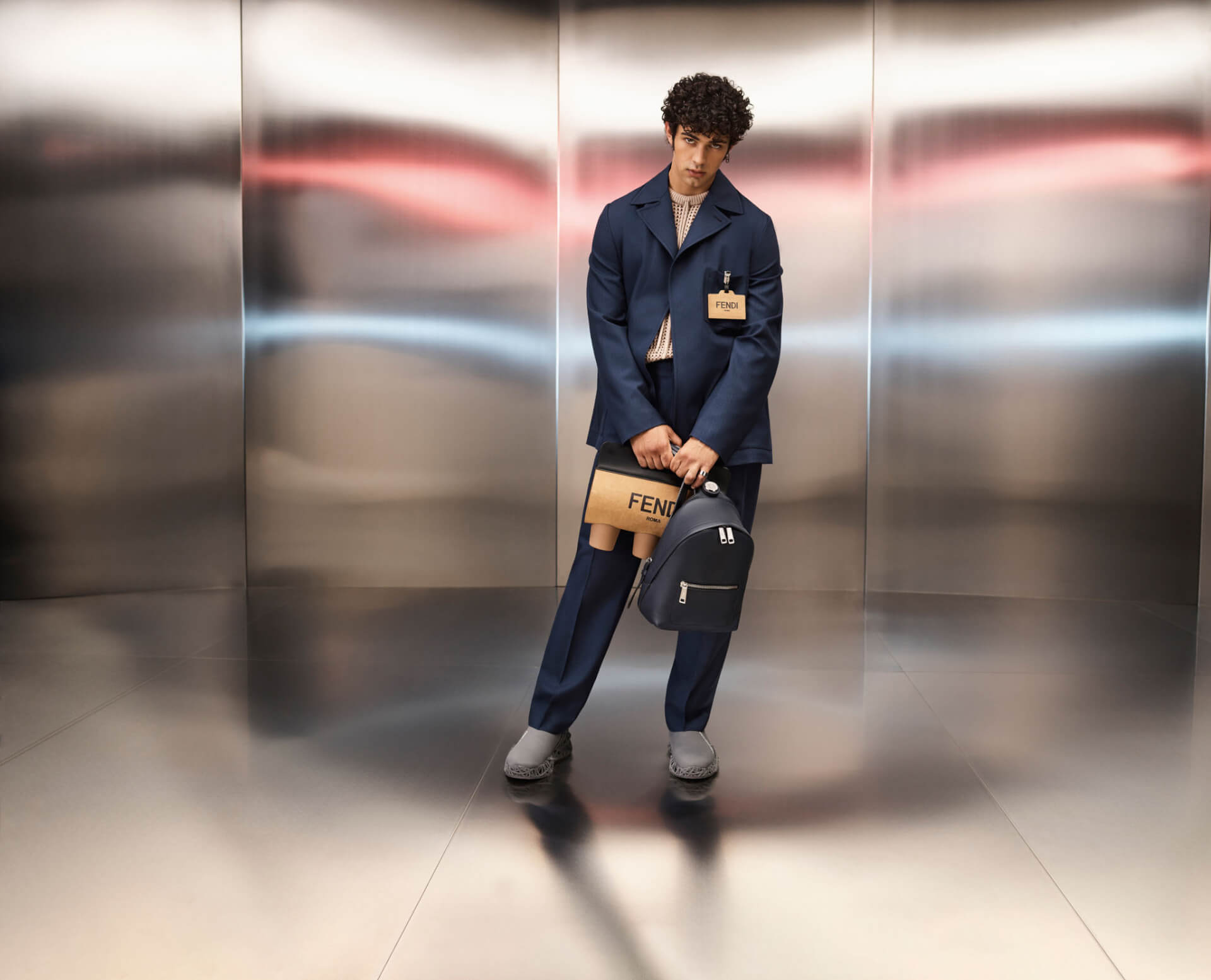Donatella Versace’s famous saying is true not only because Italian fashion is truly dreamlike, but also because the importance of Italian designers in fashion history cannot be underestimated. Italian fashion has a long line of famous clothing brands, historic fashion houses and high-end designers, all of which have contributed to the birth of today’s fashion. What’s more, the story goes beyond the Italian fashion brands themselves, just think of the manufacturing, which even in the 21st century is still one of the highest in the world, with countless family-run businesses producing clothes for premium brands such as Chanel, Ralph Lauren and even Paul Smith. It is perhaps not an exaggeration to say that fashion truly runs in the blood of the Italians.
Ermenegildo Zegna – often referred to simply as Zegna – was founded in 1910 and is one of the oldest Italian houses. Over its long life, the luxury house has adapted and evolved with the times, while managing to maintain a strong identity of classic dressing. Ermenegildo Zegna began as a wool mill and only started to produce its own collections in the 1960s, and is still known for its high quality wool thanks to the expertise it has honed over more than a century. In 2020, Zegna launched a collection with Jerry Lorenzo’s Fear of God brand, and in 2022 it became the official suit partner of the Real Madrid football team. Moves like these have introduced Zegna to a new, younger market.
Like many other Italian luxury clothing brands, Prada is rooted in high-quality leather goods. Founded in 1913 by Mario Prada, the house took off relatively quickly and by 1919 had become an official supplier to the Italian royal family. The iconic knotted rope that frames the brand’s logo is a sign of this. Prada entered a new phase in the 1970s, when Mario Prada’s grandson Miuccia inherited the brand and brought a whole new energy and modern approach to the brand. Over the next four decades the luxury brand became a symbol of timeless, effortless elegance, characterised by understated branding and minimalist design. One of Prada’s hallmarks is the use of saffiano leather – a textured leather printed with a criss-cross pattern that is both hard-wearing and visually appealing. In terms of garment design, Prada has moved into a rather eccentric world in recent years, creating collections that are bursting with vibrant colours and striking patterns.
Founded in 1921 by Guccio Gucci, Gucci is one of the oldest Italian clothing brands, inspired by the luxurious lifestyles of people working in the hotel industry in Paris and London. Combining this aesthetic with the artisanal craftsmanship of Tuscany, Gucci quickly became popular with both the Italian socialites and international consumers. Gucci was also very popular with the equestrian community, which inspired the brand’s distinctive metal “horse” logo. In the decades that followed, the brand became a major player in Hollywood fashion. In 1994, Tom Ford took over as creative director and in recent years, with Alessandro Michele at the creative helm, Gucci has renewed its identity and appealed to young people by putting eccentricity at the heart of its appeal. With the iconic green and red stripes and the G monogram, Gucci simply can’t go wrong for a long time.
The origins of Fendi can be traced back to 1925. Edoardo and Adele Fendi founded the brand in Rome as a fur and leather goods store, and it is primarily known for its pioneering work in fur. In the 1940s, the next generation of the Fendi family – the five sisters Paola, Anna, Franca, Carla and Alda – took over and began a new, youthful approach. Karl Lagerfeld joined in the ’60s, redefining the brand and bringing a contemporary perspective to the historic brand. And even though the brand was sold to LVMH in the 90s and Lagerfeld passed away in 2019, the brand continues to carry the classic identity of Italian style.

A master of Italian knitwear, Missoni is a truly iconic Italian clothing brand that was founded in 1953 as a family business and has managed to keep it that way to this day. It has won the adoration of the public with its distinctive aesthetic: Missoni is the proud ‘ambassador’ of zigzag, and its vibrant, multi-coloured scarves are considered essential for fans of classic style. The brand is known for its intricate and, of course, beautiful knits, sometimes spanning the entire colour spectrum.
Bottega Veneta translates as “Venetian workshop”. Founded in 1966 by Michele Taddei and Renzo Zengiaro, the Italian luxury brand specialises mainly in premium leather goods and accessories. Although Bottega Veneta now produces complete collections of clothing for both men and women, its trademark is still undoubtedly ‘intrecciato’ leather, an intricate hand-woven technique that cross-stitches leather or suede to create a structured checkered pattern. The luxury brand Bottega Veneta is a perfect case study of the practice that has defined many of the world’s most successful high-end clothing brands: finding a unique aesthetic and owning it completely.
Founded in 1971, C.P. Company’s collections are characterised by ever-evolving pioneering fabrics and often draw on military design, think the all-time favourite ‘Mile Miglia’ jacket, with goggles in the hood and a small lens in the arm pocket. It is this kind of attention to technical detail that sets C.P. Company apart from any other brand, and has carved out a very significant niche in the international menswear market.
Giorgio Armani is a brand that perhaps needs no introduction, perhaps the most popular Italian brand, and one that immediately conjures up images of razor-sharp black suits, beautiful leather goods and the tasteful and understated extravagance that is so characteristic of Italian brands. Armani launched his fashion empire in 1975 and rooted his design ideas in ordinary people and street style. This approach proved popular with fashion enthusiasts and today the brand has a wide range of diffusion brands including Emporio Armani, Armani Exchange, EA7 and Armani Jeans. Like Versace, Armani remains privately owned.